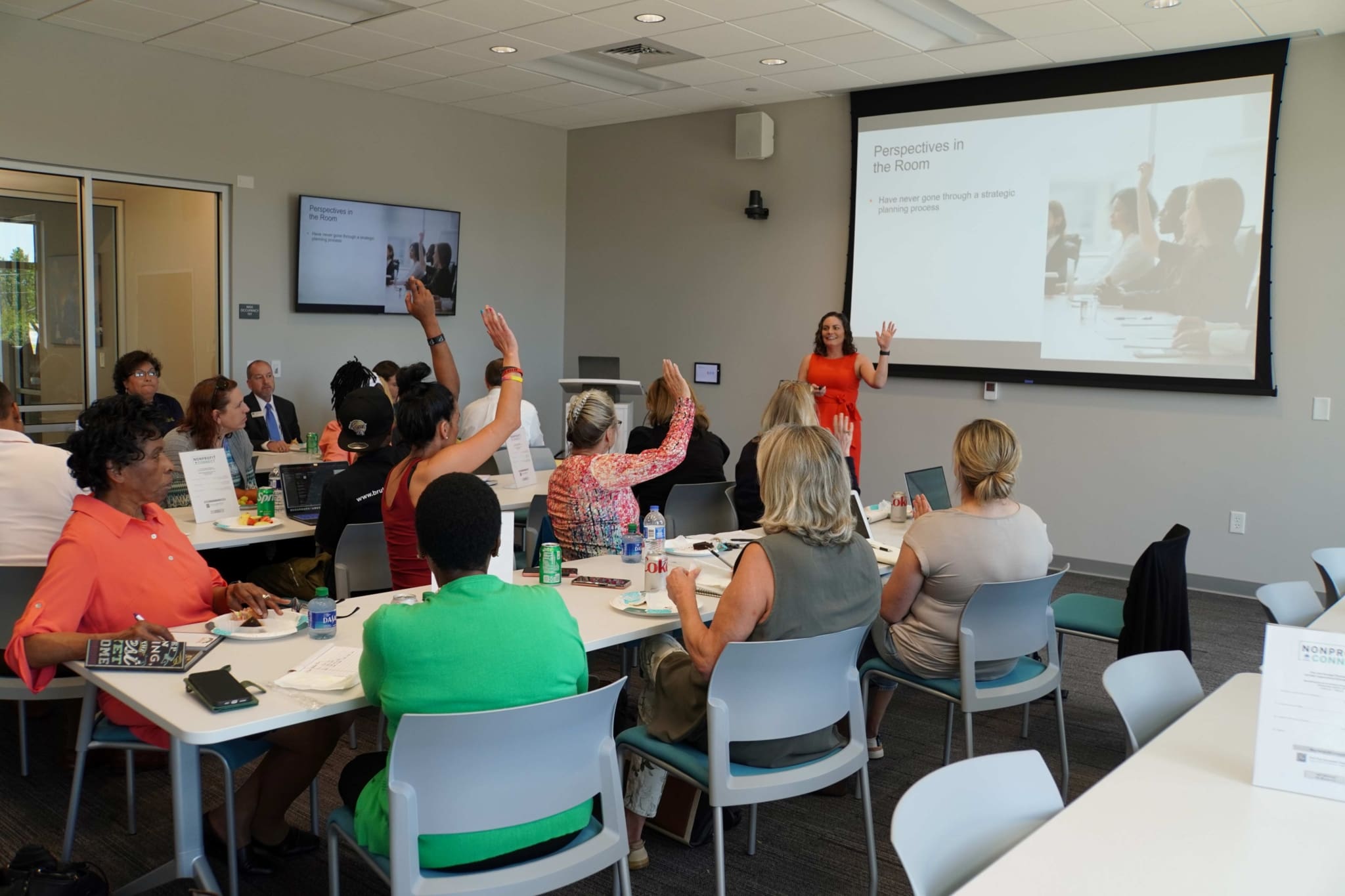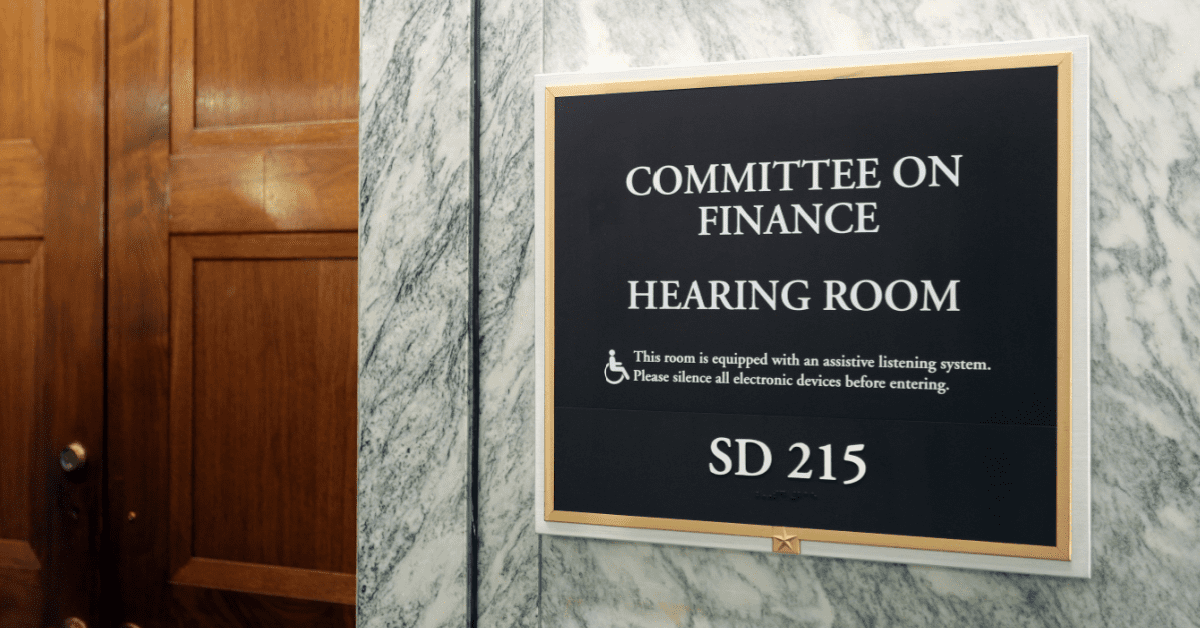Last month, Independent Sector and Accenture announced a new initiative to uncover some of the best examples of organizations using new I.T. to drive social change. The Innovate for Good Challenge will recognize organizations catalyzing social change using new I.T. such as artificial intelligence, blockchain, or extended reality. With the deadline approaching (August 6, 2018), I caught up with Victor Reinoso, chief operating officer of Independent Sector, and Amit Patel, managing director in the nonprofit group at Accenture, to discuss why tech innovation is such an important topic for the charitable community.
Matt Perdoni: For people wondering why Independent Sector is getting into the technology and innovation space, and why Accenture wanted to partner with us to launch this challenge, what would you tell them?
 Victor Reinoso: For Independent Sector, this initiative is just one of the ways we are operating as a platform organization for the social sector. About two years ago, our president and CEO Dan Cardinali began his tenure at Independent Sector and we quickly began thinking about ways to change our business model from service delivery to a platform model. It’s our duty to help the sector maximize its potential, and here we’re starting by spotlighting what’s possible as a way to open up people’s minds and get the sector overall thinking differently about how technology can be leveraged to accelerate impact. Even if organizations aren’t currently employing new I.T. for their work, we hope learning about others who are will challenge thinking and traditional approaches to longstanding social issues.
Victor Reinoso: For Independent Sector, this initiative is just one of the ways we are operating as a platform organization for the social sector. About two years ago, our president and CEO Dan Cardinali began his tenure at Independent Sector and we quickly began thinking about ways to change our business model from service delivery to a platform model. It’s our duty to help the sector maximize its potential, and here we’re starting by spotlighting what’s possible as a way to open up people’s minds and get the sector overall thinking differently about how technology can be leveraged to accelerate impact. Even if organizations aren’t currently employing new I.T. for their work, we hope learning about others who are will challenge thinking and traditional approaches to longstanding social issues.
Amit Patel: I‘d echo that sense of obligation, and our belief that we can apply our talent and resources to improve the human condition and make the world a better place. There are so many challenges where nonprofits are society’s frontline defense, and we’re seeing so many examples of upstart nonprofits and companies who are using tech as a core driver of their missions. Like Victor said, we need to show the sector what’s possible, and help raise the collective imagination when it comes to solving problems and generating solutions. We recently published a white paper, Technology for Impact: Investing in Better Nonprofit Outcomes, which outlines how technology can revolutionize the way we do good.
MP: What are some examples of ways new I.T. has already revolutionized the way people do something outside of the charitable space?
VR: Wow, where to begin. All the “smart” devices around us are a great example, especially how all the embedded artificial intelligence learns from us and makes our user experiences even better with every encounter. There’s really nothing revolutionary about the process of learning and improving, but the speed and scale at which this is happening now is just staggering.
AP: I’ve seen so many compelling uses of extended reality, which is the term we use to capture both augmented reality and virtual reality, and what’s exciting is how early on we are in the development of those technologies and how people are thinking about applying them. Suddenly physical distance is not a barrier, like if I wanted to tour a home halfway around the world, and over time as the technology becomes more mainstream, I think we could see experiences like major sporting events or vacations becoming more accessible to people from all places and economic backgrounds.
MP: Winners of this challenge will get a $20,000 cash prize, up to $50,000 in professional services from Accenture to help support the winning idea/solution, and complimentary registration for Upswell LA. Explain why you put together this kind of package for the winner?
VR: We recognize this is out of Independent Sector’s traditional comfort zone, and out of the comfort zone for a lot of the sector really. There are some great organizations and people out there working to change this, but we need to add our weight to accelerate the process. So the package is intended both to signal to the sector and our partners just how important this area is to us and to the sector. We wanted to get folks off the sideline with incentives that are meaningful.
AP: I’d add to that second point and say that more than anything, these incentives, taken as a whole, will have a real impact on the ability of the winner to mobilize their idea. And that’s the entire point of this contest, to bring solutions to life. By working with Independent Sector to launch this challenge, we’re doing our small part to make sure sector innovators have the motivation and resources needed to unleash good.
MP: Some nonprofits might be sitting on a great idea that they are just getting off the ground and might not think they have proven themselves yet. Why should they apply anyway?
VR: In every other sector a great idea or a novel approach to an entrenched problem is currency itself, it’s an asset. The charitable sector has its challenges in seeing the same thing and much of that has to do with our funding structures and reliance on private dollars. That being said, there are nonprofits who are pushing in this direction and we want to make sure they are given an opportunity to showcase that work. Even if you are in the infancy of your new I.T. venture, do not sit this one out!
AP: And a huge part of this challenge is that we’re providing the expertise to rapidly refine and improve actionable ideas. In a lot of ways we’re helping to remove some of the risk from innovation, by supporting the overall process and creating a space for experimentation.
MP: What more, if anything, should people know about this challenge and how it might impact the future of social change?
VR: Technology is a part of everything around us. So when pockets of the sector aren’t using tech to enhance their work and make progress against their missions, it’s not because there isn’t a role for tech, it’s either because nobody’s tried to use it, or there isn’t an environment to support it. If we’re successful, this challenge over time will eliminate both of those gaps. Our goal for this contest is to create a space where people can unleash their best thinking to reach something bigger.
We’re lucky to have a great partner in Accenture who does this type of thing on college campuses across the country and works with many of the most impactful organizations in the world to figure out how they can utilize tech to better achieve their missions.
AP: We are in fact fortunate to work with so many amazing nonprofits and foundations, and every day I’m in awe of the good they do. But every day it seems like the size and scope of their challenges grow. This is where we see tech as the x-factor, and why this challenge is so important.
This is the first year for the challenge and it’s been a lot of learning and doing on the fly to be sure, but there’s some pent-up energy and creativity across the sector that we’ve seen emerge as this has been rolled out, and that’s really exciting. We think that the more people learn about the possibilities, and the more they see compelling examples of how others are using tech for good, the easier it will be for them to start thinking about their own work in new and innovative ways. And that’s when we think this will get really powerful.
The deadline to apply to the Innovate for Good Challenge is August 6, 2018. Learn more and apply today!



